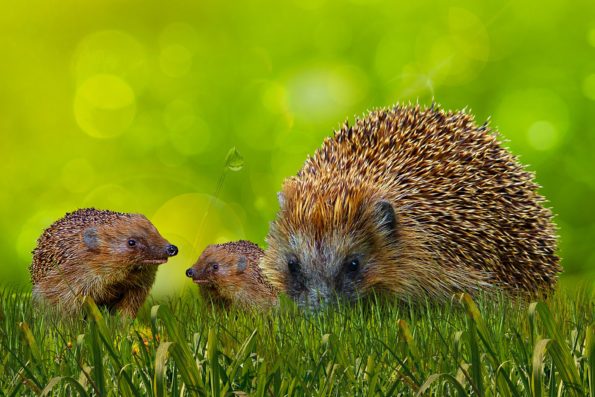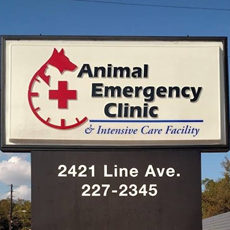
The African Pygmy is the most common hedgehog we see as pets in veterinarian medicine. These nocturnal omnivores eat a large variety in the wild which can be replicated in captivity with appropriate protein sources, fruits, vegetables, ect. Unfortunately, hedgehogs are prone to obesity so diet is a crucial component to maintain health and preventing over feeding. Additionally, it is important hedgies are allowed proper exercise enrichment such as solid exercise wheels (no slats or holes) or monitored roaming. To discuss husbandry and care for your hedgehog call and make an appointment today.
It is recommended that your hedgehog get examinations once or twice a year by a veterinarian to monitor the overall health of your pet. These appointments can be used to monitor body condition score, periodontal disease, toe nails, as well as discuss any concerns you have for your pet.
Please contact us if your hedgehog develops any unusual symptoms, such as:
- Flaky skin or parasites
- Discharge from eyes or nose
- Drooling, inappetence, lethargy
- Inability to fully roll into a ball
- Coughing, sneezing, respiratory secretions or trouble breathing
- Inability to properly use hind legs
- Limping or inactivity
- Diarrhea, changes or blood in stool
- Masses or swelling





